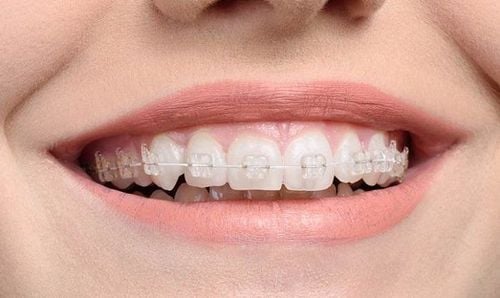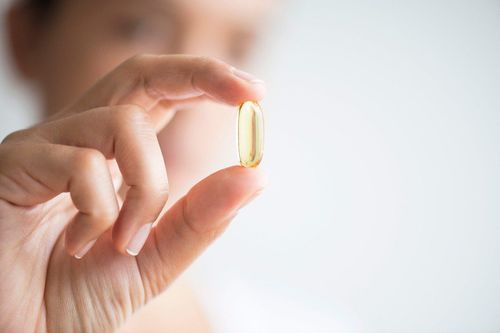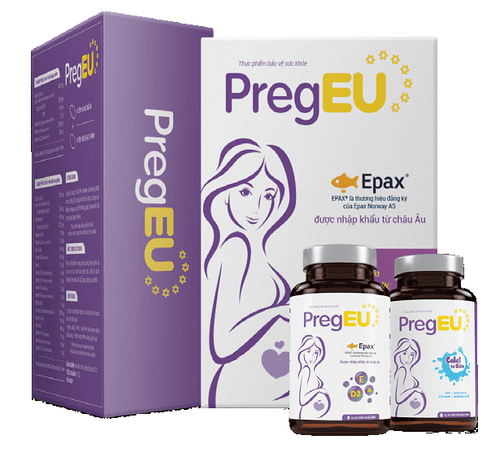This is an automatically translated article.
The omega-3s in fish oil are thought to help regulate the body's natural functions. According to the results of some studies, it can activate hair growth, promote hair strength, effectively nourish hair follicles.
1. What is fish oil?
Fish oil is an oil or fat extracted from fish tissue. It is a popular addition to the diet due to its high content of omega-3 fatty acids. However, the human body cannot synthesize omega-3 on its own, so to get this nutrient, we need to supplement it through diet or functional foods. In addition to omega-3s, fish oil also contains a number of essential fats and vitamins.
2. Uses of omega 3
Diets rich in fish and fish oil help promote hair growth and prevent hair loss, showing that omega-3s found in fish oil:
Provide protein and essential nutrients for hair follicles and skin Prevents inflammation of hair follicles, the direct cause of hair loss Promotes circulation in the scalp which can stimulate hair growth

Omega-3 trong dầu cá giúp thúc đẩy quá trình phát triển của tóc và giúp tóc chắc khỏe
Fish oil advocates often claim that topically applying fish oil can help add shine and shine to hair as well as make it healthier. If you decide to apply fish oil directly to your scalp, be aware that fish oil can have an unpleasant odor.
According to the National Center for Complementary and Integrative Health, omega-3s do not reduce the risk of heart disease but can reduce triglyceride levels. In addition, omega 3 may reduce rheumatoid arthritis symptoms, while slowing the progression of age-related macular degeneration.
Studies on omega-3s are inconclusive or react negatively for other conditions including:
Allergies Atopic eczema Cystic fibrosis Diabetes Inflammatory bowel disease (IBD) such as ulcerative colitis or disease Crohn's claudication IC Non-alcoholic fatty liver disease Osteoporosis Osteoporosis MORE: How is fish oil supplementation appropriate for each patient
3. Use fish oil to support hair growth
One of the simpler methods to supplement fish oil is to add more fatty fish to the diet, including: salmon, mackerel, herring. Besides, functional foods are also another measure to help supplement omega 3 for the body. However, you should only use it as directed by your doctor. They will advise the amount of fish oil suitable for your current health situation.

Có thể bổ sung dầu cá cho cơ thể bằng thực phẩm hoặc thực phẩm chức năng
According to the European Food Safety Authority, the maximum amount of dietary supplements that can be consumed is 5,000 mg per day. In fact, fish oil supplements are generally considered safe. Omega-3 side effects are usually mild and include:
Bad breath Fishy taste Nausea Headache Indigestion Diarrhea Rash Fish oil supplements can also interact negatively with other medications such as: blood pressure medications , anticoagulants, oral contraceptives. Therefore, when taking fish oil supplements and you are taking any medications, it is important to talk to your doctor.
Omega 3 has many uses for human health. There have been many studies showing that omega 3 can activate hair growth, promote hair strength, effectively nourish hair follicles. You can get fish oil from food, diet and supplements.
Please dial HOTLINE for more information or register for an appointment HERE. Download MyVinmec app to make appointments faster and to manage your bookings easily.
Reference source: healthline.com













